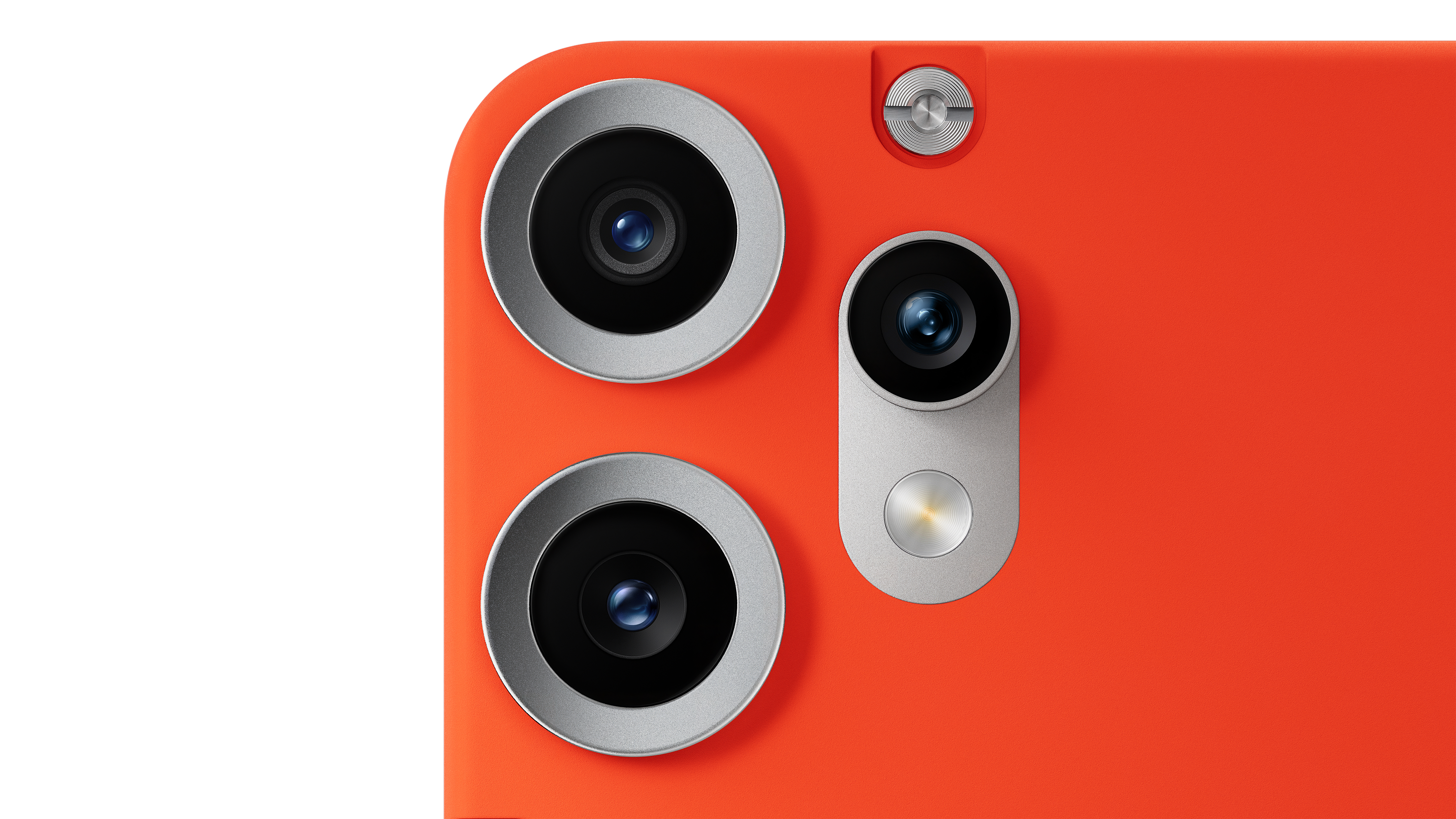Starbucks' printer ban shows remote working has gone too far
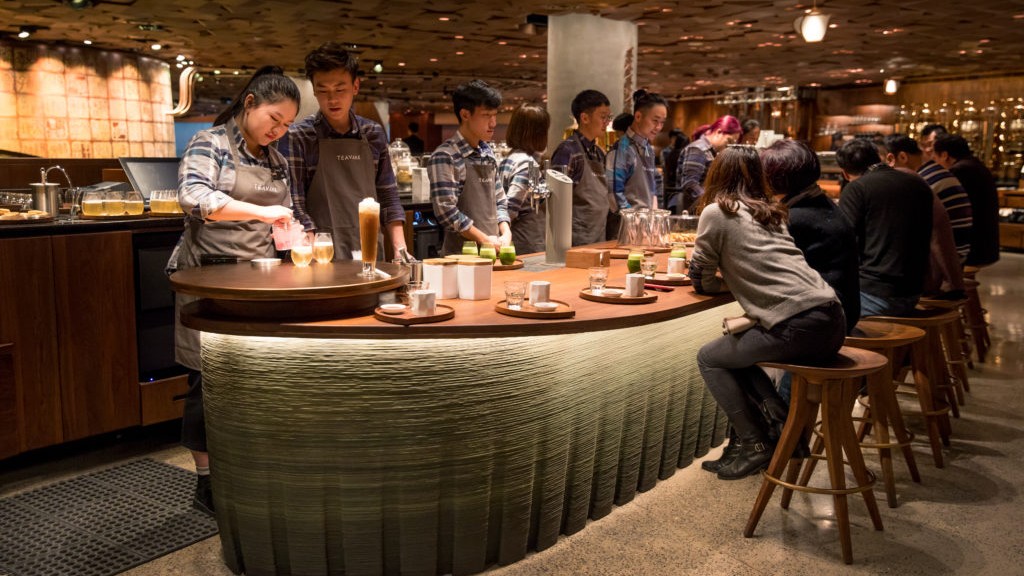
Sign up to Creative Bloq's daily newsletter, which brings you the latest news and inspiration from the worlds of art, design and technology.
You are now subscribed
Your newsletter sign-up was successful
Want to add more newsletters?

Five times a week
CreativeBloq
Sign up to Creative Bloq's daily newsletter, which brings you the latest news and inspiration from the worlds of art, design and technology.

Once a week
By Design
Sign up to Creative Bloq's daily newsletter, which brings you the latest news and inspiration from the worlds of art, design and technology.

Once a week
State of the Art
Sign up to Creative Bloq's daily newsletter, which brings you the latest news and inspiration from the worlds of art, design and technology.

Seasonal (around events)
Brand Impact Awards
Sign up to Creative Bloq's daily newsletter, which brings you the latest news and inspiration from the worlds of art, design and technology.
I'm writing this from my usual corner table at my local pub in Hartlepool. I'm nursing my second 0% ale of the afternoon and trying to look like I belong here, rather than someone who's turned Wetherspoons into my personal office.
My laptop is open, I'm tapping away quietly, and I've just ordered a round of chips to justify my continued occupation of this prime real estate. To me, that’s how working in public should be: a bit of self-awareness and basic manners.
Which is why the news that Starbucks Korea has had to ban customers from bringing printers and desktop computers into their cafés fills me with horror. I can't believe we've reached the point where grown adults think it's acceptable to lug an HP LaserJet into a coffee shop.
The great café takeover
I've been remote-working in cafés for years. I love the gentle hum of conversation, the smell of coffee, and the feeling that you're part of a broader society, rather than slowly going mad in your spare room.
But I'm also aware that these places aren't co-working spaces. They’re for meeting friends, having a date, or just enjoying a quiet drink. So whenever I work in one, I remember I’m a guest, not a tenant.
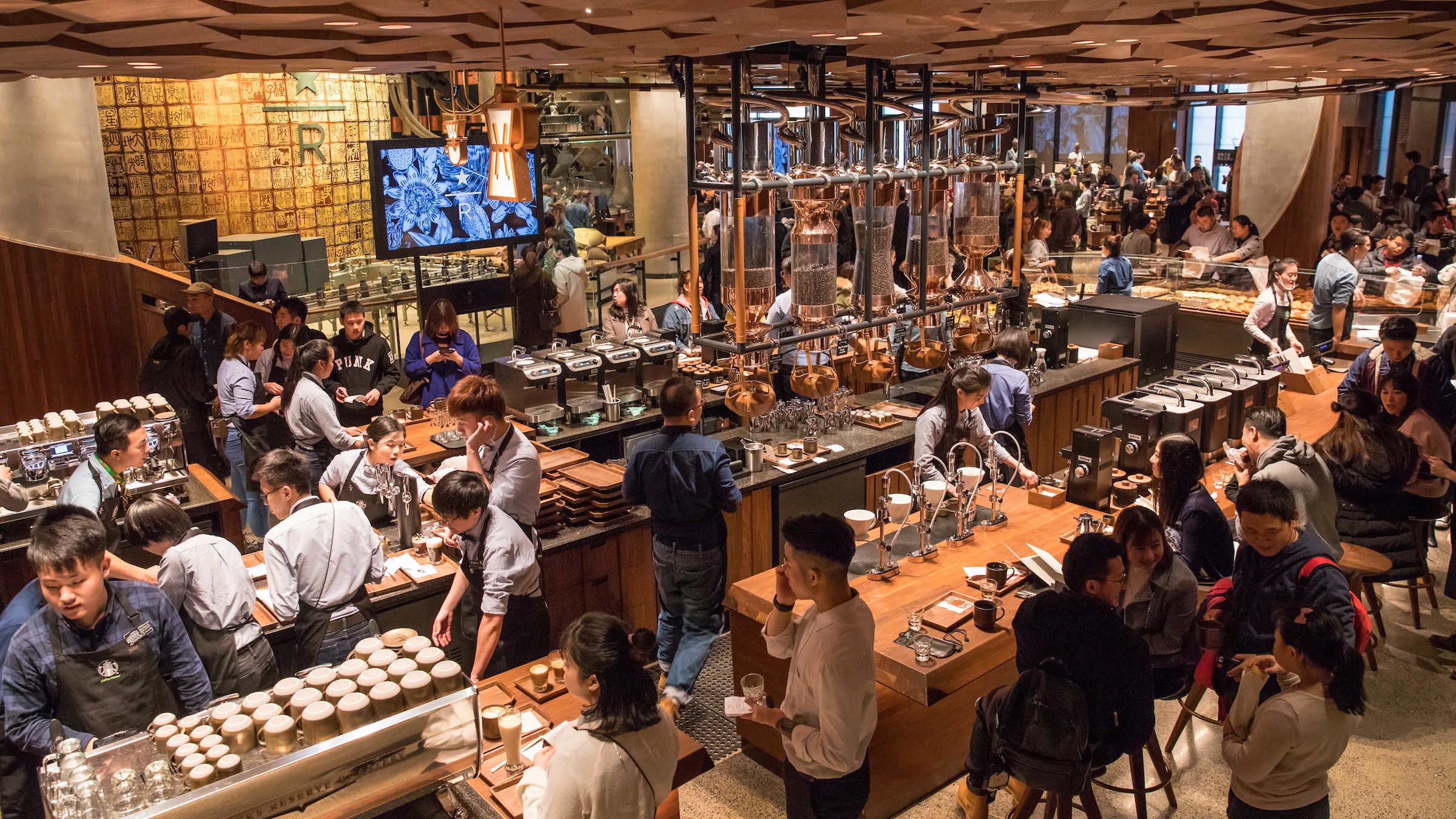
That means I'll sit in the corner if I can. I won’t take calls or, God forbid, Zoom meetings. I’ll chat to regulars if they want a natter, because that’s part of the deal. And I don’t hog a table for hours on the strength of one cup of tea.
It's also important to know when to leave. If a group of lads on a stag do pile in wearing matching T-shirts and demanding Jagerbombs at 2pm on a Tuesday, that's my cue to pack up and find somewhere quieter. The space has shifted from "quiet café where I can work" to "party venue where my presence would be weird". This isn't rocket science; it's just reading the room.
Sign up to Creative Bloq's daily newsletter, which brings you the latest news and inspiration from the worlds of art, design and technology.
But apparently, basic social awareness is now a rare commodity. Because I've noticed some freelancers seem to think buying one latte gives them unlimited rights: free Wi-Fi, heating, sockets, and a table all day. Stuff you'd pay a lot more for in a dedicated co-working space.
Missing the point
The news about Starbucks Korea is just the natural end of this nonsense. First laptops (fine). Then multiple screens (pushing it). Then desktop computers (come on). And finally printers (we need to talk).
At what point did anyone think, "You know what this Frappuccino queue needs? The gentle whir of a dot matrix printer"? Apparently, some people were even bringing in office partitions to build their own mini cubicles. Give me strength.
Consequently, the Korean term cagongjok – referring to people who work in cafés – has now become something of a dirty word, with locals complaining about freeloaders hogging tables and stealing electricity. And can you blame them? When someone's set up what amounts to a small IT department next to the pastry display, they've rather missed the point of what a café is.
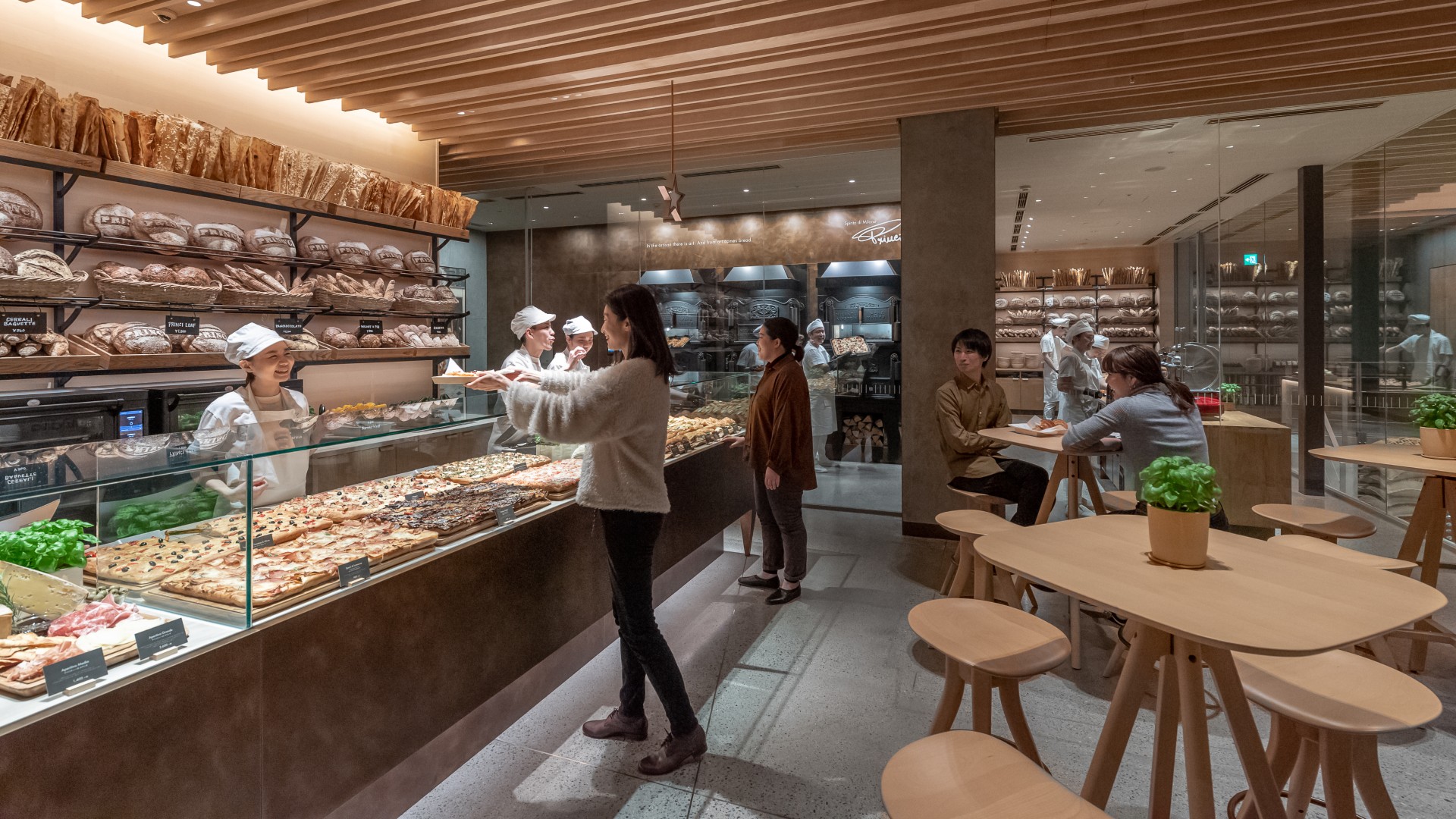
This isn’t really about remote work, of course: it’s about forgetting simple manners. My guess is that the people who drag printers into Starbucks are the same one who shout on the quiet carriage, put their feet on train seats, and make inane phone calls to friends in the cinema.
So the solution isn't complicated: it's just about public decency. If you're going to work in public spaces, remember that you're sharing them. Buy more than one drink over three hours. Keep noise to a minimum. Don't sprawl across multiple tables like you own the place. And for the love of all that's holy, leave the printer at home.
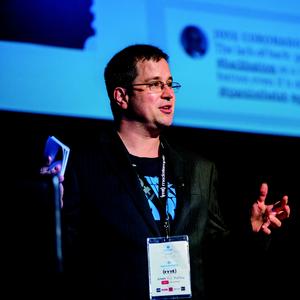
Tom May is an award-winning journalist specialising in art, design, photography and technology. His latest book, The 50 Greatest Designers (Arcturus Publishing), was published this June. He's also author of Great TED Talks: Creativity (Pavilion Books). Tom was previously editor of Professional Photography magazine, associate editor at Creative Bloq, and deputy editor at net magazine.
You must confirm your public display name before commenting
Please logout and then login again, you will then be prompted to enter your display name.
